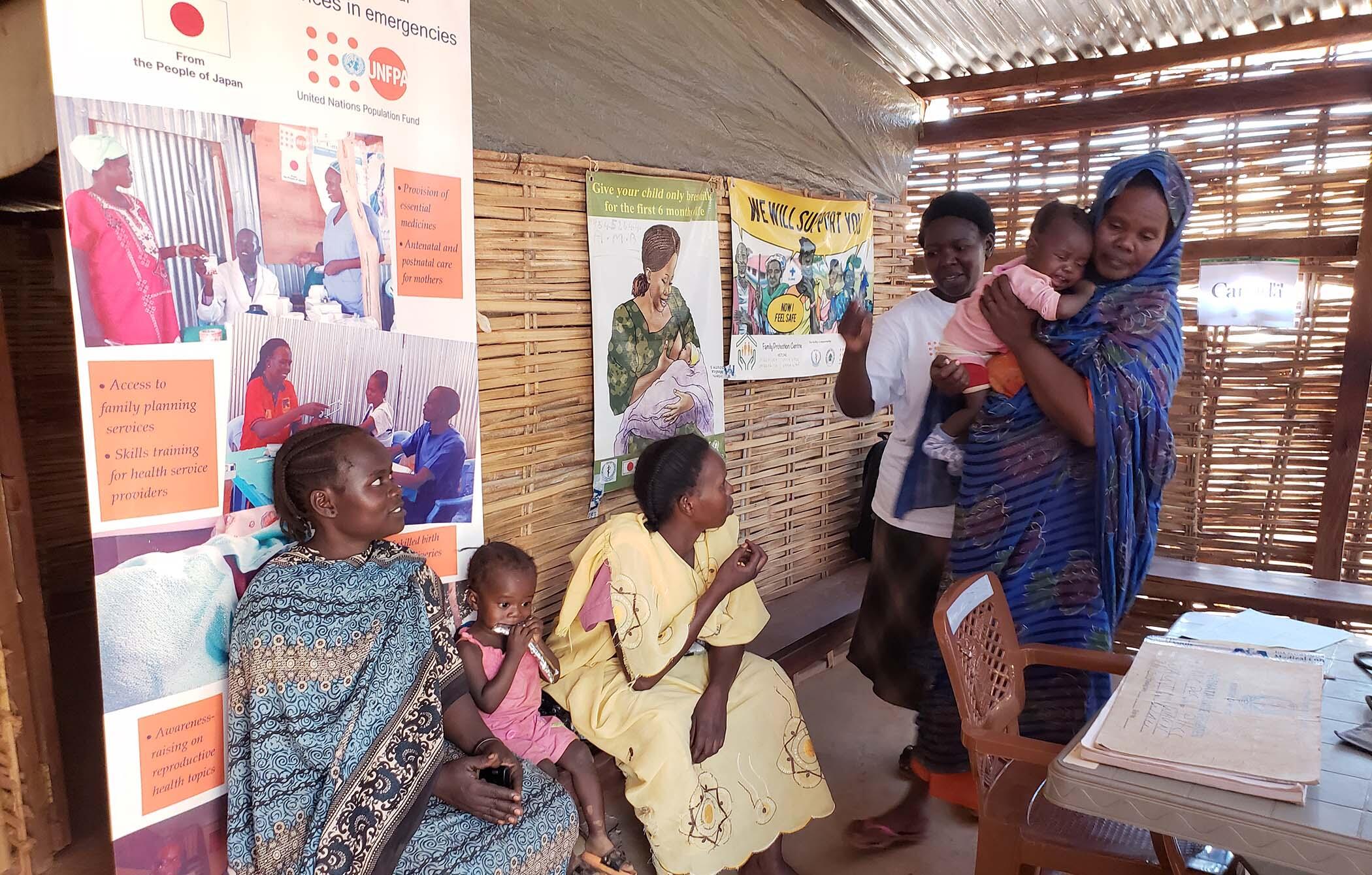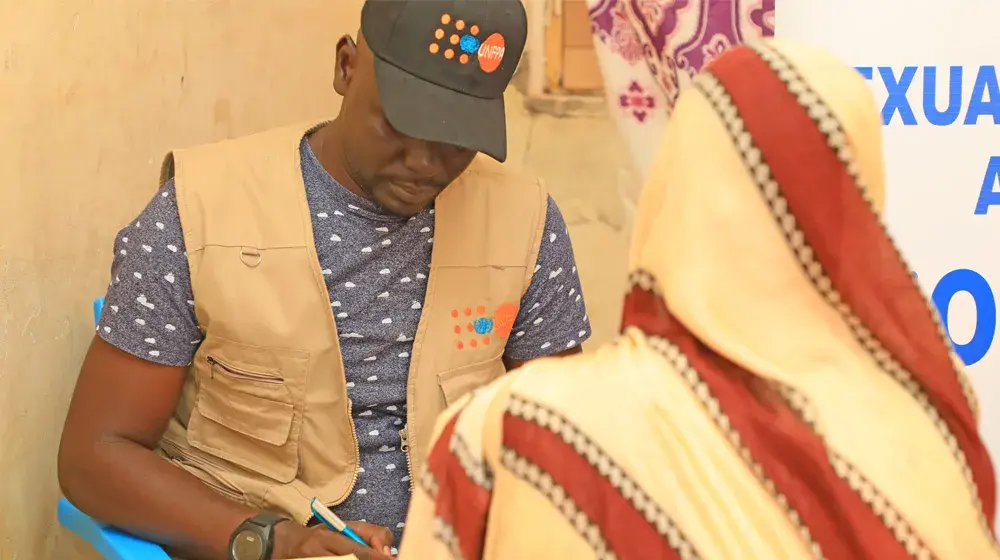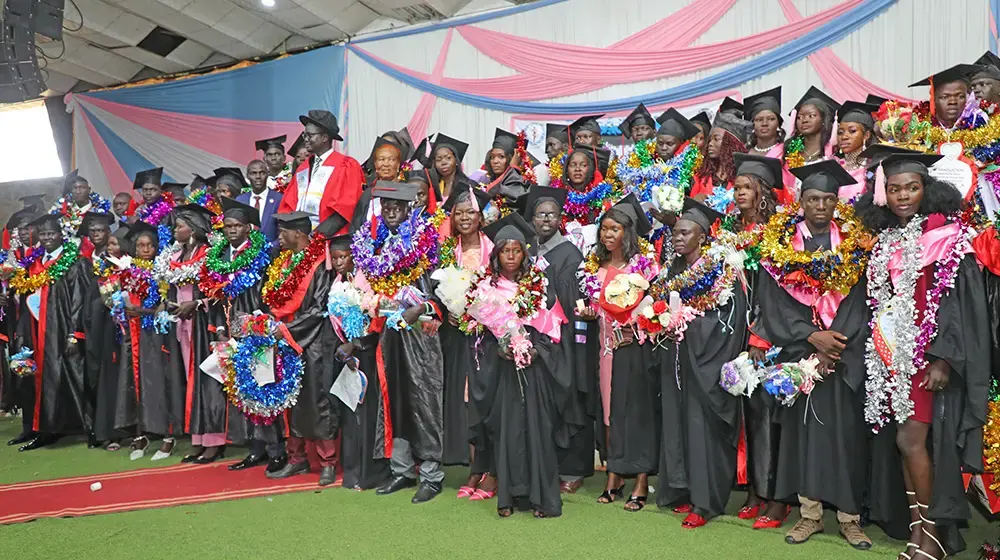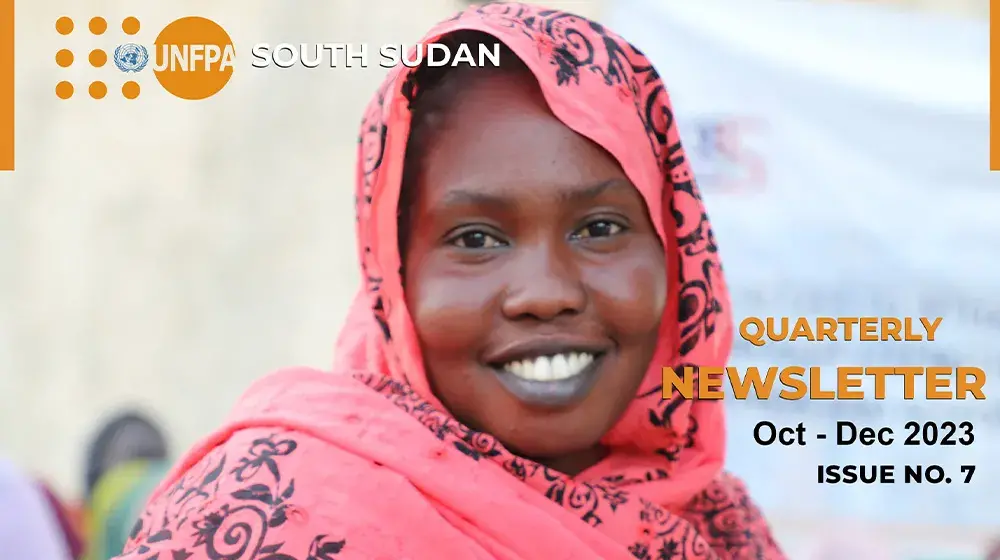UNFPA, the United Nations Population Fund, has launched its global Humanitarian Action Overview 2019 to appeal for $536 million to reach 35 million women, girls and young people in 64 countries, including South Sudan.
“Women do not stop giving birth during conflicts and disasters, and risks of gender-based violence increase in such settings,” said UNFPA Executive Director Dr. Natalia Kanem at the launch. “In response to rising humanitarian crises, displacement and suffering, UNFPA’s lifesaving work is more important than ever.”
In South Sudan, UNFPA is raising $18.3 million for this year to address the special needs of vulnerable populations, especially women and girls, affected by the continuing humanitarian crisis in the country. Out of the 7 million people affected by the crisis, UNFPA aims to reach some 2 million people with services for reproductive health and prevention and management of gender-based violence.
Of the total affected population, an estimated 280,000 are pregnant women, with 42,000 of them facing pregnancy and childbirth complications this year. South Sudan has one of the highest maternal mortality ratios in the world estimated at 789 deaths per 100,000 live births, mainly due to constraints in women’s access to maternal health care as a result of the conflict that led to destruction of health facilities. Only about 40 per cent of health facilities remain functional, there is inadequate number of skilled birth attendants, limited awareness of services, and socio-cultural barriers, among others.
Approximately 85 per cent of the 2 million internally-displaced persons (IDPs) in South Sudan are women and children and they are often the ones subjected to conflict-related sexual violence and deliberate attacks, among others.
“Women and girls are especially vulnerable in this situation. Without safe shelters, social services and support networks, women and girls are at risk of unintended pregnancy and sexual and gender-based violence with serious sexual and reproductive health consequences including unsafe abortions, traumatic fistula, sexually transmitted infections, HIV, and even death.,” says UNFPA Country Representative Dr. Mary Otieno.
According to Dr. Otieno, gender-based violence constitutes a significant impediment to women’s participation in recovery and development. “Targeted support to women and girls affected by crises will ensure the health, security and well-being of families, communities and the entire country,” she adds.
Since the first major violence broke out in South Sudan in 2013, UNFPA has been providing reproductive health services to the crisis-affected population. These include ensuring pregnant women have access to safe deliveries, newborn care, family planning, prevention of sexually transmitted infections including HIV, adolescent and youth reproductive health, and the prevention and response to gender-based violence.
The humanitarian assistance has demonstrated significant results in some areas where UNFPA provides services. For three consecutive years, UNFPA-supported clinics for IDPs in Mingkaman and its referral system registered zero maternal deaths, while in 2017, the clinic and referral system in the Juba Protection of Civilians (POC) sites also had no maternal deaths. In the Wau POC clinic, there were zero maternal deaths since it opened in 2016, all these proving that investments in health do make a difference.
Despite the signing of the revitalized peace agreement in September 2018, South Sudan remains in the grip of a serious humanitarian crisis. The long-standing crisis has made a catastrophic impact on the country’s economy and affected the government’s ability to deliver basic services to the people, particularly for health and protection. Efforts by the humanitarian community working with government have brought about some improvements but the needs remain overwhelming.





